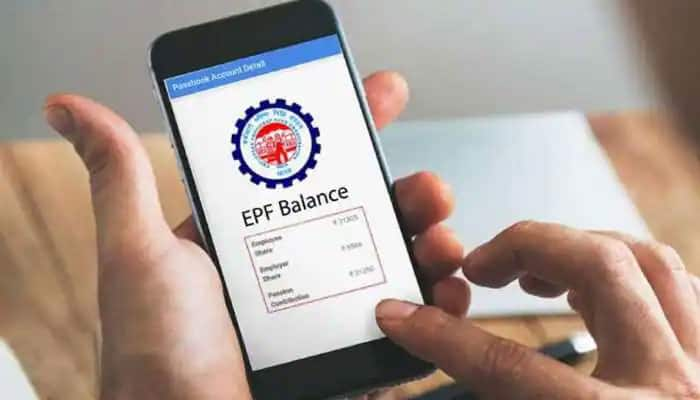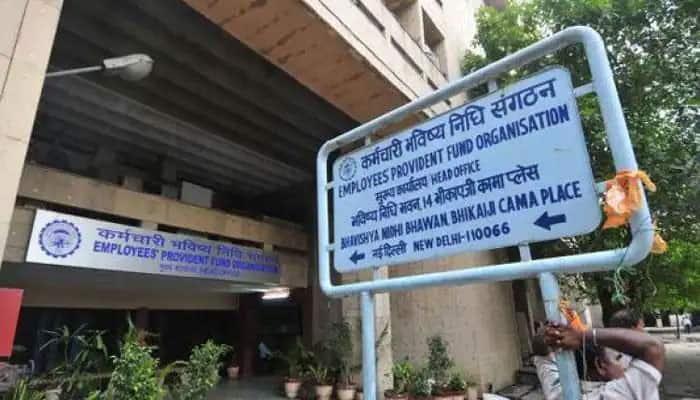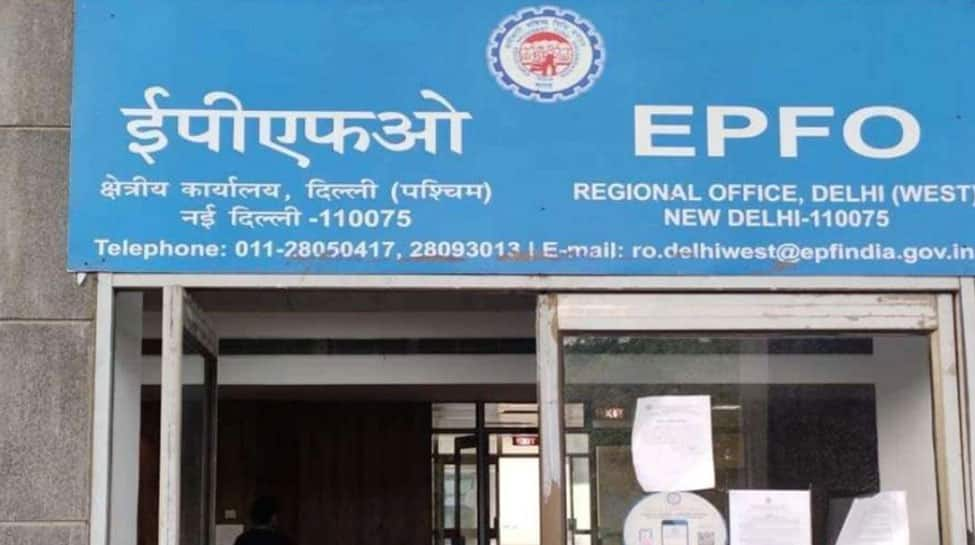Have you switched jobs and haven't transferred your old EPFO account to your new employer? Check if you would be losing out on high interest rates.
)
The Employees' Provident Fund (EPF) is a government-backed retirement savings scheme that provides tax benefits and secured returns to employees. If you've changed your job and haven't transferred your previous EPF account to your new company, you might want to know if you will still earn interest on the old EPF account or if you will miss out on higher returns.

Your EPF account usually does not transfer to your new employer's records when you change jobs. Rather, the employee must start the transfer procedure through the EPFO Member Sewa portal. Till that time, the funds in the previous EPF account remain there, although your Universal Account Number (UAN) remains the same.

The EPF account continues to earn interest if you don't transfer your EPF account to the new employer's record, but with a time limit. According to EPFO rules, interest is credited on dormant (inoperative) EPF accounts for up to 36 months (3 years) from the last EPF contribution.

If no contributions are made to the account for three years and the employee is no longer working, the account becomes inactive, and interest stops accruing.

Many employees delay or neglect transferring their EPF Account either out of oversight or due to the misconception that money in the previous EPF account will continue to earn interest.

Employees whose EPF account has not been transferred after changing jobs will only be eligible to receive interest on their old account for three years from the last contribution. After that, it stops earning interest. With EPF's relatively high interest rate, which is currently 8.25% for FY 2024-25, employees effectively lose out on potential gains.

Suppose you have changed your job and failed to transfer your EPF account, your account will no longer be eligible to earn interest after three years. Your previous balance is essentially inactive while your new employer has been contributing to a new EPF account, making you earn interest on the lower balance.